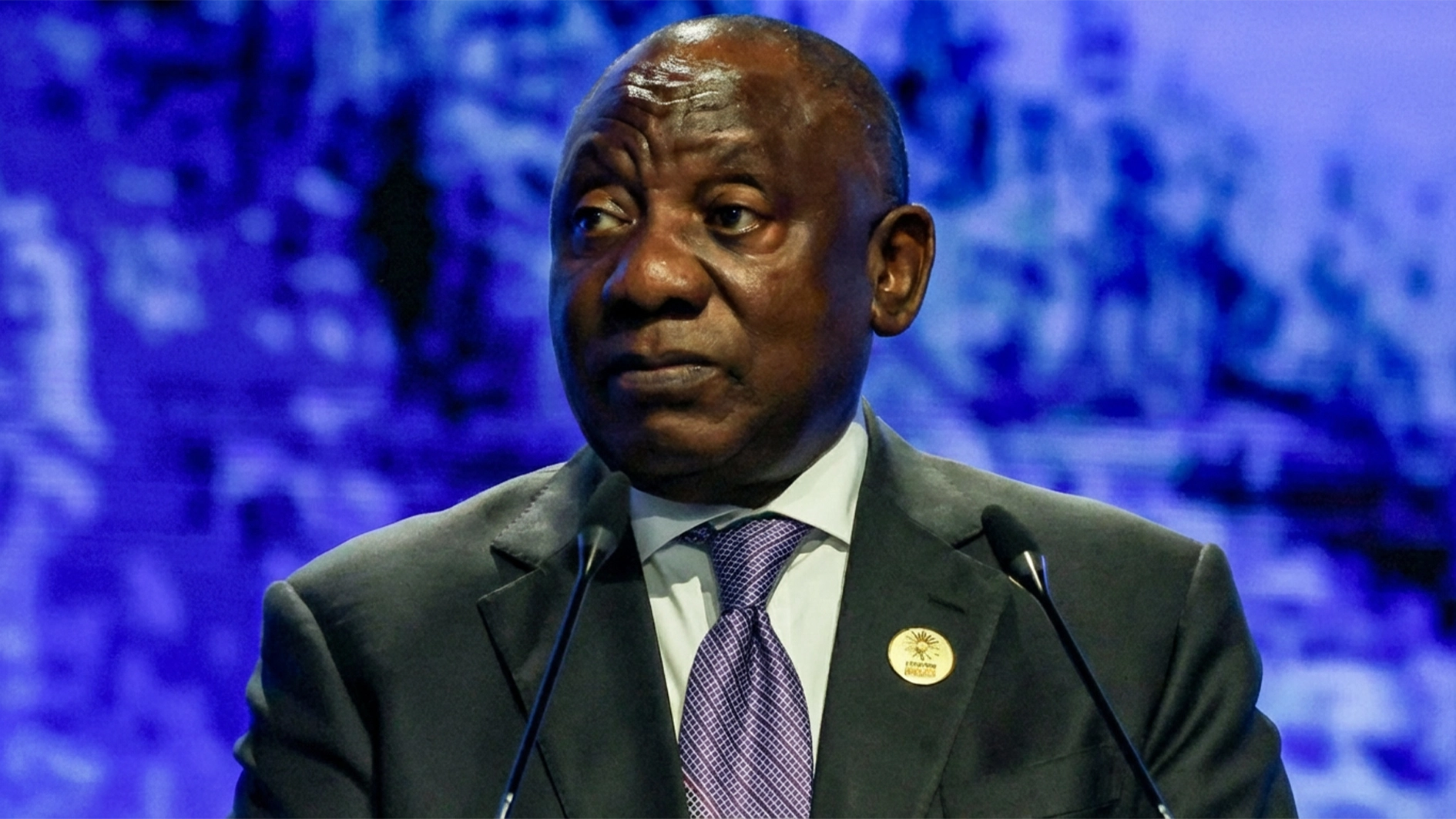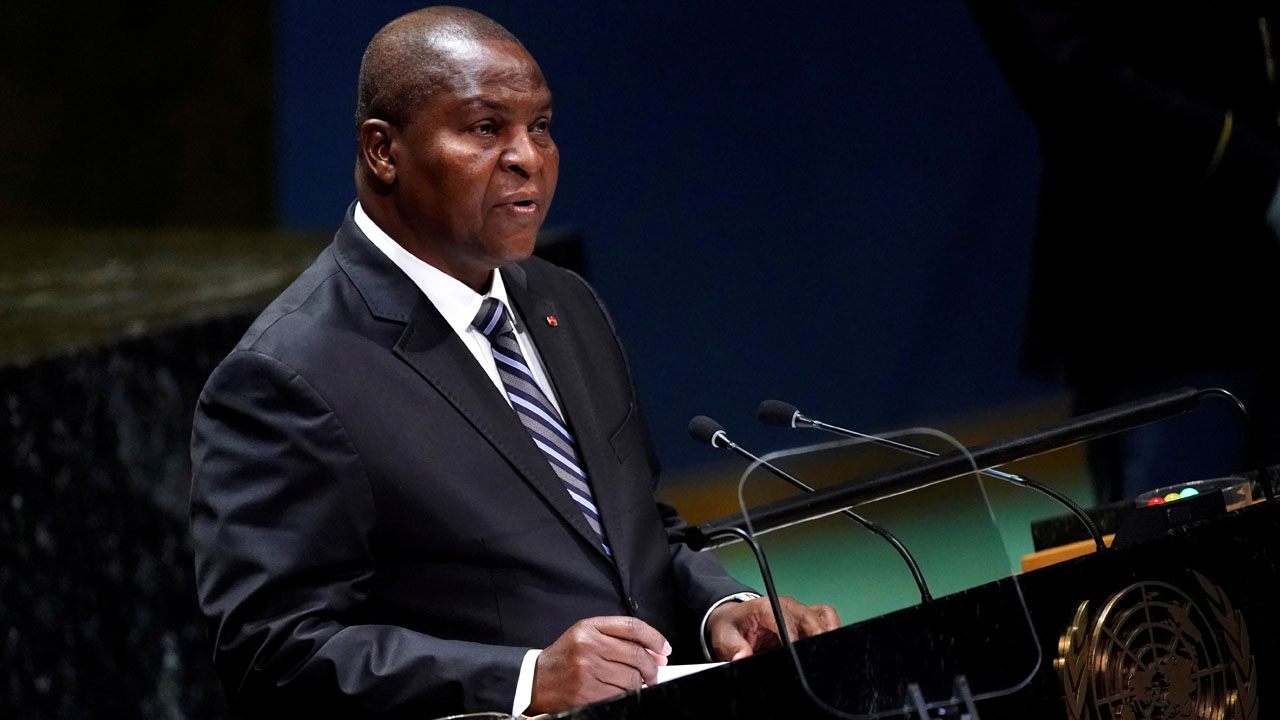As the Economic Community of West African States (ECOWAS) marks its 50th anniversary, political leaders, scholars, and policymakers have disagreed over whether regional organisations remain essential to Africa’s integration or have become detached bureaucracies failing to serve the people.
While some argue that regional organisations remain indispensable for Africa’s economic transformation and global voice, others describe them as elitist, disconnected, and increasingly irrelevant to the lived realities of the citizens they claim to represent.
The event, held on Friday under the theme “Reimagining West African Regional Cooperation and Integration: Alternative Futures” was organised in Abuja by ECOWAS, Africa Leadership Centre (ALC), the Amandla Institute, and the Mandela Institute for Policy and Leadership Advancement.
It brought together leading voices from government, academia, and civil society to interrogate the successes, failures, and future of ECOWAS at 50.
Speaking on behalf of ECOWAS Commission President, Dr. Omar Touray, the Commissioner for Political Affairs, Peace and Security, Ambassador Abdel-Fatah Musah, said the golden jubilee was a time for deep reflection, partnership, and renewal.
He noted that ECOWAS had evolved through three phases, from its Cold War founding in 1975, through post-Cold War peacekeeping interventions, to the current challenge of insecurity and democratic backsliding.
“”West Africa finds itself at a very critical juncture. We have a crisis of security and a crisis of democracy. Leaders have not learned their lessons,” Musah said.
He condemned the hollowing out of democracy through exclusionary politics, which he attributed to the recent withdrawal of some member states from the bloc.
Musah, however, said ECOWAS was undergoing an introspective process aimed at producing a citizen-led new pact that would define its direction for the next 15 years, stressing that youth and civil society must be central to that renewal.
Former Governor of Ekiti State and Co-founder of the Amandla Institute, Dr. Kayode Fayemi, described the forum as a timely intervention amid deepening security and governance challenges in the region.
He cautioned against military takeovers as a response to governance failures, noting that insecurity had only worsened in countries under military rule.
Fayemi advised, “The regional body cannot continue business as usual. It must evolve to reflect the realities on the ground and to renew trust with its citizens.”
On her part, Vice President (International Engagement) at King’s College London and ALC founder, Professor Funmi Olonisakin, said the time had come to reinvent the integration project entirely,” noting that 50 years of ECOWAS offered lessons for a more people-driven model of cooperation.
While some speakers defended regional bodies as vital to Africa’s progress, others dismissed them as outmoded and detached from citizens’ realities.
Speaking under the sub-theme, “Future Proofing Regional Integration in Africa: The African Public Square Debate”, Senegal’s Special Envoy on African and International Affairs, Professor Abdoulaye Bathily, argued that regional organisations remain indispensable for Africa’s development and global voice.
He emphasised that agricultural cooperation and collective food production systems were crucial to Africa’s future, just as security cooperation was essential for sustainable integration.
He maintained that only regional cooperation could secure the continent’s development, food production, and security, insisting that regional organisations are necessary and indispensable.”
“Regional organisations are not optional; they are necessary vehicles for the voice of Africa in the world. Without them, Africa cannot speak with one voice on matters of economy, politics, or culture,” he added.
But countering him, Dr. Titilope Ajayi of the Institute for Security Studies, Africa, argued that regional organisations had outgrown their usefulness and had become more bureaucratic than relevant.
“Regional organisations once symbolised collective aspirations, but over time, the roof has outgrown the house,” she said.
Ajayi cited the lived experiences of citizens facing harassment at borders, delayed travels within the region, and arbitrary enforcement of free-movement protocols.
She said that Africa’s integration survives because of the people, not the protocols, calling for recognition of informal, organic, people-driven networks as the true foundation of regional unity.
But Regional Director (Anglophone and Lusophone Africa) at the Centre for Humanitarian Dialogue, Professor Babatunde Afolabi, defended ECOWAS’ relevance, citing its landmark interventions in Liberia, Sierra Leone, Guinea-Bissau, and The Gambia as proof that the bloc’s institutional framework remains crucial.
“Would these achievements have been possible outside the framework of a formal regional institution?” he asked.
He also pointed to ECOWAS’ free movement protocol and cross-border infrastructure projects like the Lagos–Abidjan highway as evidence of “why you need institutionalised regional arrangements.”
Adding a sociological perspective, Associate Professor at the Africa Institute, Dr. Faisal Garba Muhammad, argued that while regional organisations have often hindered political community, the people themselves have historically created it through mobility and trade.
Visiting Senior Fellow at the ALC, Ambassador El-Ghassim Wane, acknowledged that while regional institutions are essential to structure and coherence, their role should be viewed as transitional.
“Building strong regional economic integration requires a strong institutional base, but the ultimate goal is economic prosperity, not creating another bureaucracy.”
Associate at the Africa Leadership Centre, Penda Diallo, lamented the poor physical connectivity among West African countries.
Posing three questions that cut to the heart of Africa’s integration paradox, she asked, “How do we speak of integration when over 220 million people living in rural areas are excluded from these debates?
“Our policies are written in English, French, and Portuguese, and these are languages most people do not even speak.”
“It takes me 10 hours to fly from Conakry to Abuja, yet only six hours to Paris. How can we talk of integration when it’s easier to reach colonial capitals than our own?” she queried.
Diallo called for inclusive integration that invests in youth skills, especially as automation and artificial intelligence reshape Africa’s mining and industrial sectors.






